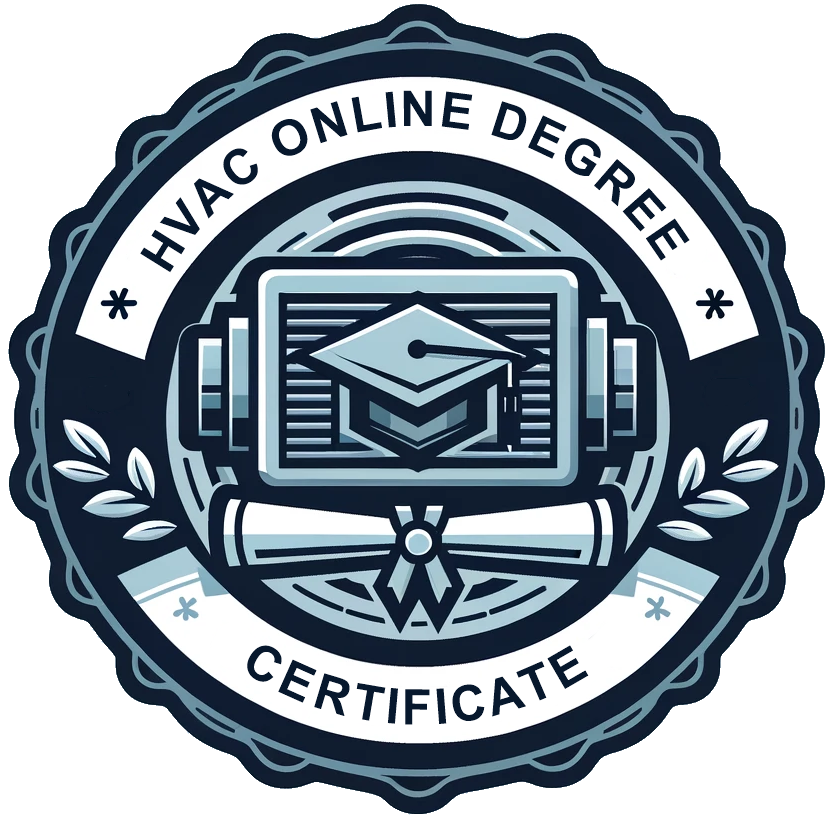Introduction
Oregon's climate varies from the wet coastal mountains to the relatively dry eastern regions, with significant temperature fluctuations throughout the year. Consequently, opportunities for professionals in heating, air conditioning, ventilation, and refrigeration (HVAC/R) are increasing in this part of the US.
HVAC is not only a high-growth and relatively lucrative industry, but it also benefits from numerous trade associations that support workers with training, networking, and legal advocacy. For example, the Oregon Air Conditioning Contractors Association (ORACCA) represents HVAC-R equipment manufacturers, distributors, vocational schools, and contractors. ORACCA provides valuable NATE training, management seminars, a monthly newsletter, and discounts on industry essentials.
Additionally, the Oregon Plumbing-Heating-Cooling Contractors Association lobbies on behalf of HVAC workers with regulatory agencies such as OSHA and the Building Codes Division. Its three main focuses are growth, apprenticeships, and regulatory overreach, all central to the success of people in this business.
There is one mandatory certification for all people who handle refrigerants, which are environmentally sensitive compounds: the EPA Section 608 certification, discussed in the credentialing section below.
Demand for HVAC Technicians in Oregon
The career outlook for HVAC workers in Oregon is promising. According to the Bureau of Labor Statistics (BLS) 2023, HVAC job openings are projected to grow by 6 percent nationwide between 2022 and 2032, which is twice the average growth rate for all occupations. In Oregon, Projections Central (2024) anticipates an 11.1 percent increase in HVAC positions between 2020 and 2030, adding about 360 new opportunities annually.
Factors driving this growth include:
- Regular maintenance and replacement of HVAC systems every 10 to 15 years
- The prevalence of climate control systems in modern buildings
- Upgrades and retrofits needed in older buildings
- Industry dependence on HVAC for climate control, safe medicine, and food storage
- Evolving legislation requiring compliance with new standards
HVAC technicians in Oregon work varied hours, including evenings, weekends, and holidays during peak seasons. The BLS (2023) reports that 8 percent of HVAC mechanics and installers are self-employed, and 67 percent work in the plumbing, heating, and air conditioning contractors industry.
Schools in Oregon
Lane Community College
4000 E 30th Ave
Eugene, Oregon 97405-0640
Phone: (541) 463-3000
URL: www.lanecc.edu/
This school is a 2 year Public college that offers Less than one year certificate, One but less than two years certificate, Associate's degree, Two but less than 4 years certificate. The campus is located in a fringe rural area with campus housing not offered.
- Total Student Population: 6745
- Total Faculty: 391
Portland Community College
12000 SW 49th Avenue
Portland, Oregon 97219-7132
Phone: (971) 722-6111
URL: www.pcc.edu/
This school is a 2 year Public college that offers Less than one year certificate, One but less than two years certificate, Associate's degree, Two but less than 4 years certificate. The campus is located in a large city with campus housing not offered.
- Total Student Population: 19400
- Total Faculty: 1313
HVAC Worker Salaries in Oregon
The HVAC industry offers competitive salaries, particularly in Oregon. According to the Bureau of Labor Statistics (BLS) May 2023, there were 397,450 HVAC mechanics and installers nationwide, earning an average annual salary of $59,620. In Oregon, the 3,960 HVAC workers employed earned an average of $63,970 per year.
Below is a detailed comparison of HVAC salaries between Oregon and the national average:
| Percentile | United States | Oregon |
|---|---|---|
| Number of Workers | 397,450 | 3,960 |
| Average Annual Salary | $59,620 | $63,970 |
| 10th Percentile | $37,270 | $41,690 |
| 25th Percentile | $46,550 | $47,900 |
| 50th Percentile (Median) | $57,300 | $61,840 |
| 75th Percentile | $71,120 | $75,440 |
| 90th Percentile | $84,250 | $93,990 |
Another data source, PayScale (April 2024), which relies on self-reported salaries, shows the following percentiles for HVAC workers nationwide:
- 10th percentile: $36,000
- 50th percentile (median): $55,000
- 90th percentile: $83,000
HVAC Certification and Licensing in Oregon
Before seeking employment in HVAC/R, all mechanics, installers, and technicians in Oregon must ensure they have the necessary credentials. The mandatory credential for all individuals working with refrigerants is the EPA Section 608 certification, which includes four subtypes:
- Type 1: Small appliance
- Type 2: High-pressure appliances
- Type 3: Low-pressure appliances
- Type 4: Universal
Various organizations provide generalist and specialized HVAC certifications. Here are three popular certifying agencies and some sample credentials:
- HVAC Excellence (e.g., HEAT, HEAT Plus, Heat Oil Combustion, Systems Diagnostics Troubleshooting, Residential Heat Load Analysis)
- North American Technician Excellence (NATE) (e.g., Air Conditioning, Heat Pump [air-to-air], Air Distribution, Hydronics Gas, Light Commercial Refrigeration, ICE)
- Refrigeration Service Engineers Society (RSES) (e.g., Commercial Air Conditioning, Commercial Refrigeration, Controls, Dynamic Compression)
To discover the range of certifications available from these and other entities, visit the HVAC certifications page.
HVAC companies and contractors completing services in excess of $1,000 must have a license from the Oregon Construction Contractors Board (CCB). The OR CCB offers the Limited Maintenance Specialty Contractor HVAC/R (LHR) license, allowing companies to maintain, service, repair, or replace commercial and industrial electrical products that use fuel or other forms of energy to produce heat, power, refrigeration, or air conditioning.
To qualify for the LHR, candidates must provide:
- Proof of 4,000 hours of experience in installation and approved specialized training
- A passing score on a comprehensive examination
- Proof of having a CCB surety bond (amount varies)
- Proof of general liability insurance
- Workers' compensation insurance (if the company hires employees)
- A fee ($325)
These licenses last for two years. Since local ordinances and permitting may vary, all HVAC installers, mechanics, and technicians are strongly encouraged to check with municipal authorities before beginning work to ensure they have all necessary credentialing.
